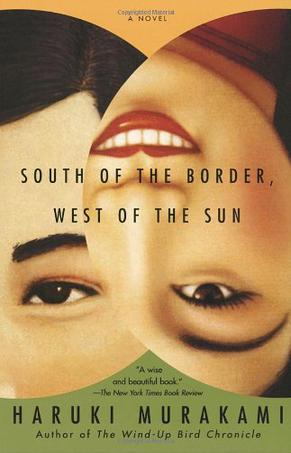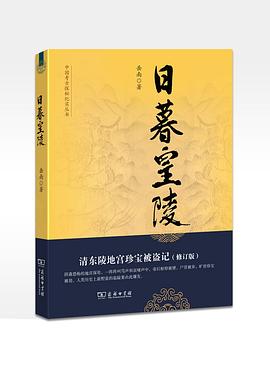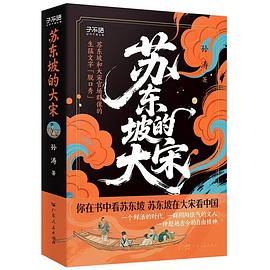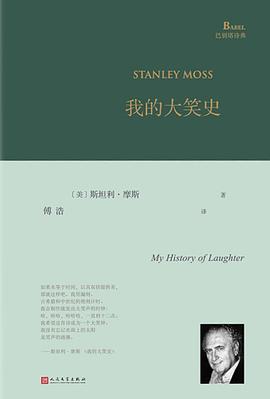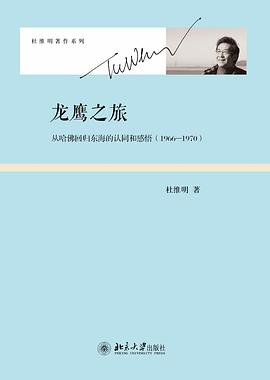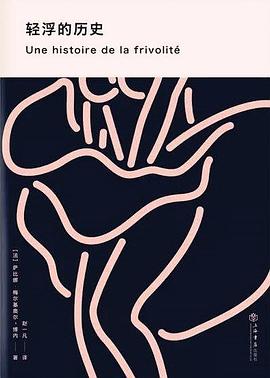South of the Border, West of the Sun
内容简介
In South of the Border, West of the Sun , the simple arc of a man's life--with its attendant rhythms of success and disappointment--becomes the exquisite literary terrain of Haruki Murakami's most haunting work.
Born in 1951 in an affluent Tokyo suburb, Hajime-- beginning in Japanese--has arrived at middle age wanting for almost nothing. The postwar years have brought him a fine marriage, two daughters, and an enviable career as the proprietor of two jazz clubs. Yet a nagging sense of inauthenticity about his success threatens Hajime's happiness. And a boyhood memory of a wise, lonely girl named Shimamoto clouds his heart.
When Shimamoto shows up one rainy night, now a breathtaking beauty with a secret from which she is unable to escape, the fault lines of doubt in Hajime's quotidian existence begin to give way. And the details of stolen moments past and present--a Nat King Cole melody, a face pressed against a window, a handful of ashes drifting downriver to the sea--threaten to undo him completely. Rich, mysterious, quietly dazzling, South of the Border, West of the Sun is Haruki Murakami's wisest and most compelling fiction.
......(更多)
作者简介
村上春树(1949- ),日本小说家。曾在早稻田大学文学部戏剧科就读。1979年,他的第一部小说《听风之歌》问世后,即被搬上了银幕。随后,他的优秀作品《1973年的弹子球》、《寻羊冒险记》、《挪威的森林》等相继发表。他的创作不受传统拘束,构思新奇,行文潇洒自在,而又不流于庸俗浅薄。尤其是在刻画人的孤独无奈方面更有特色,他没有把这种情绪写成负的东西,而是通过内心的心智性操作使之升华为一种优雅的格调,一种乐在其中的境界,以此来为读者,尤其是生活在城市里的人们提供了一种生活模式或生命的体验。
......(更多)
目录
......(更多)
读书文摘
“念小学的时候看过沃尔特·迪斯尼《沙漠活着》那部电影吧?” “看过。”我说。 “一码事,这个世界和那个是一码事。下雨花开,不下枯死。虫被蜥蜴吃,蜥蜴被鸟吃,但都要死去。死后变成干巴巴的空壳。这一代死了,下一代取而代之,铁的定律。活法林林总总,死法种种样样,都没什么大不了的。剩下来的唯独沙漠,真正活着的只有沙漠。”
......(更多)
